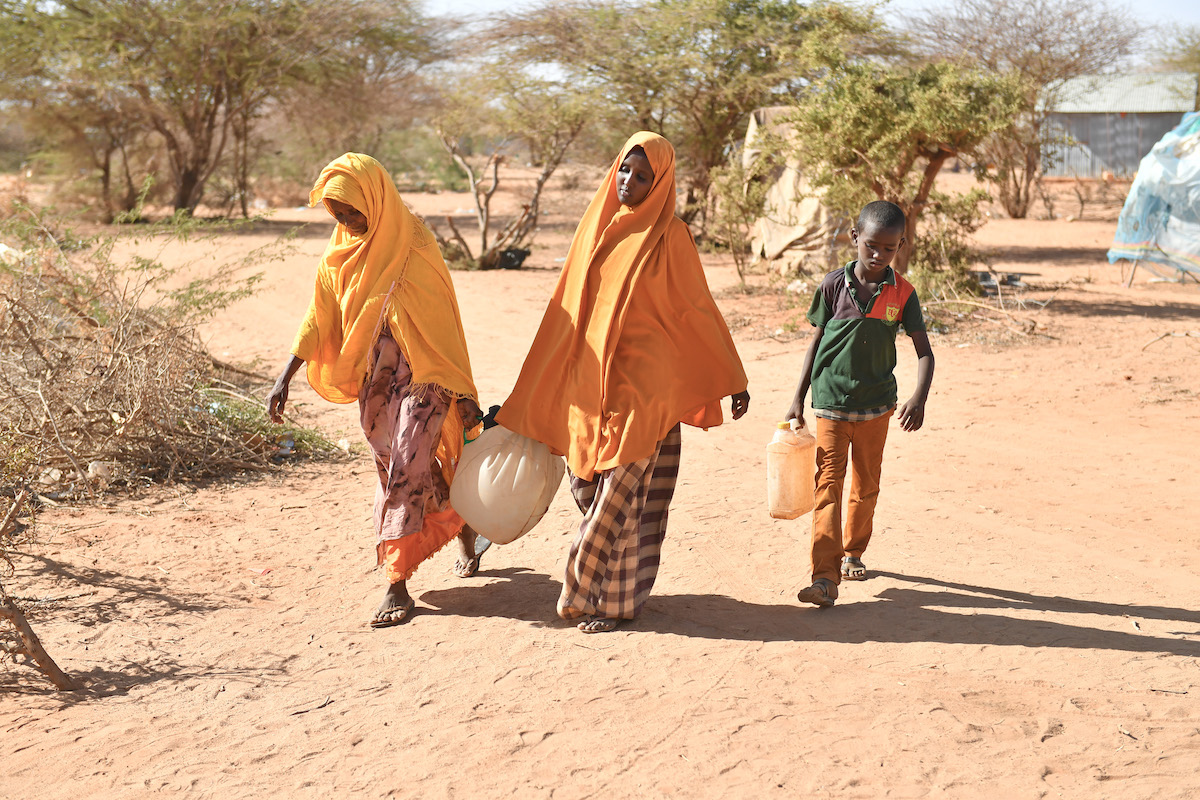Kareena Kapoor skips holi festivities, finds peace in Africa
Discover why Kareena Kapoor traded Holi colors for the tranquility of Serengeti, Africa, in her latest Instagram post.
At least 18.4 million people are already experiencing high levels of acute food insecurity and rising malnutrition across the three Horn of Africa countries of Ethiopia, Kenya and Somalia, the UN Office for the Coordination of Humanitarian Affairs (UNOCHA) has warned.

At least 18.4 million people are already experiencing high levels of acute food insecurity and rising malnutrition across the three Horn of Africa countries of Ethiopia, Kenya and Somalia, the UN Office for the Coordination of Humanitarian Affairs (UNOCHA) has warned.
The UNOCHA, in its latest situation update issued late Friday, said the number of people facing high levels of acute food insecurity and rising malnutrition across the three countries could further increase to 20 million by September 2022, Xinhua news agency reported.
In Somalia, nearly 7.1 million people are now acutely food insecure, including 213,000 people in catastrophe, and eight areas of the country are at risk of famine between now and September 2022, with the bay region of particular concern, according to the UNOCHA.
Advertisement
It said nearly 7.2 million people in Ethiopia and nearly 4.1 million people in Kenya are severely food insecure due to the drought.
At least 7 million livestock, which pastoralist families rely upon for sustenance and livelihoods, have died across the Horn of Africa, including more than 1.5 million in Kenya, between 2.1 million and 2.5 million in southern and south-eastern Ethiopia, and 3 million in Somalia, it added.
The death of livestock is consequently resulting in less access to milk for children in the affected areas, which negatively affects their nutrition.
Humanitarian partners urgently need more than $1.7 billion to respond to the rapidly increasing needs in the coming months, as reflected in the drought response plans in Ethiopia, Somalia and the flash appeal for Kenya.
“However, only a small percentage of the funding required under these plans has been received, severely hampering the response to the rapidly deepening drought,” the UNOCHA warned.
Advertisement